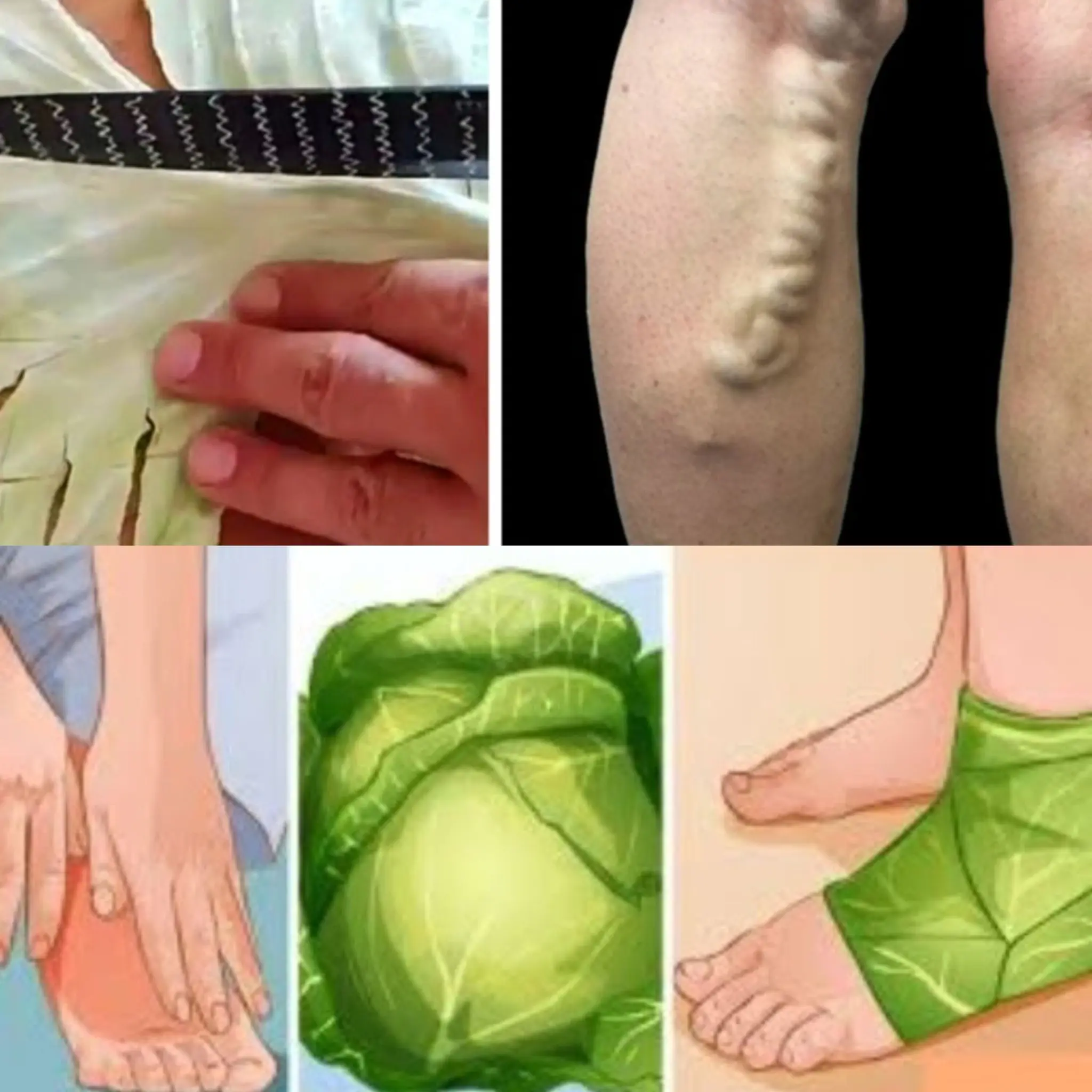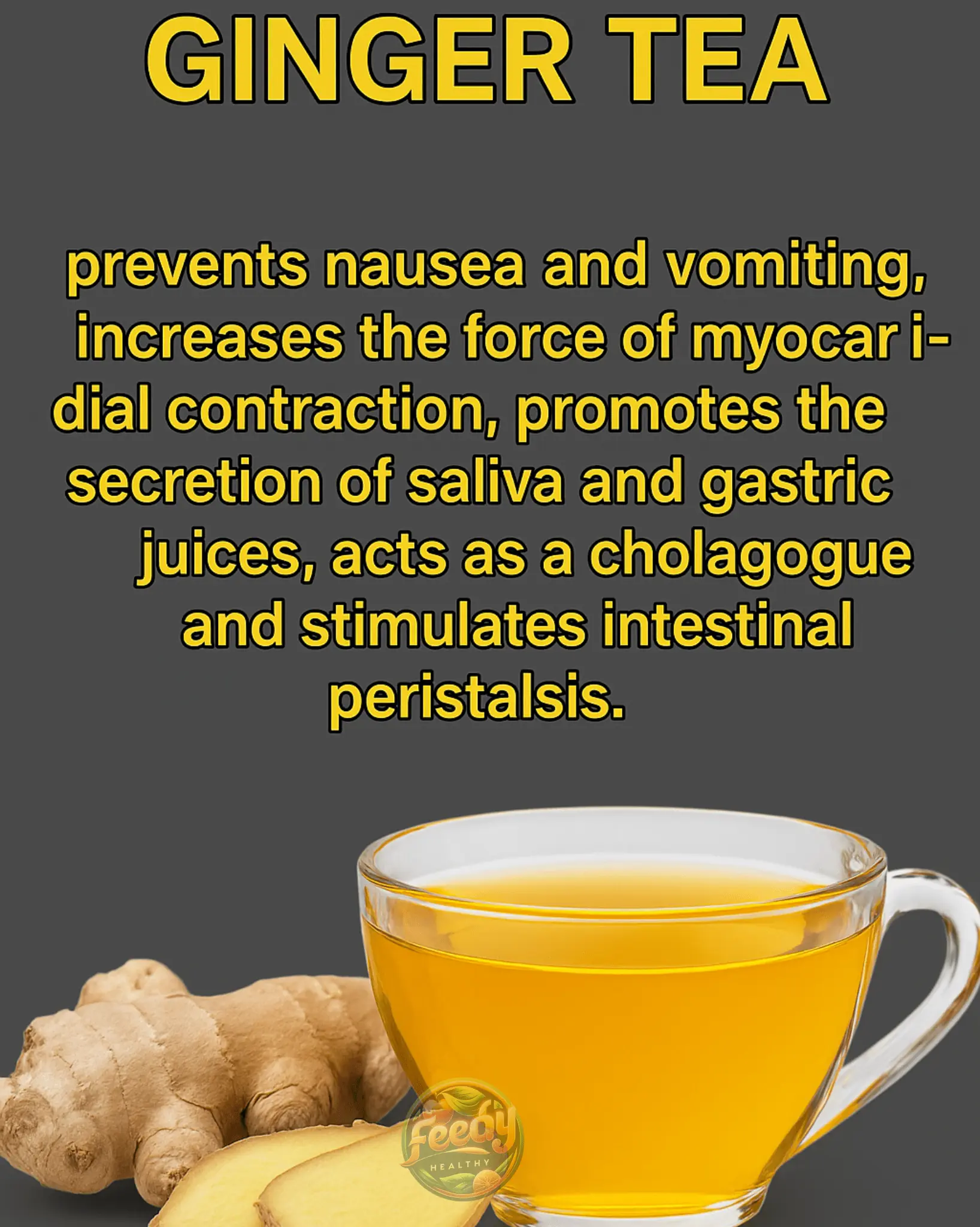
Fatty Liver Diet: Nutritionist Recommends 5 Key Foods to Detox the Liver and Reduce Fat
Fatty liver disease is a growing concern in modern lifestyles dominated by processed foods, lack of exercise, and chronic stress. Fortunately, incorporating the right foods into your diet can help manage this condition naturally and support your liver’s health.
On May 25, nutritionist Ashima Achantani shared her top five recommended foods for managing fatty liver via Instagram, highlighting their roles in detoxification, inflammation reduction, and liver fat metabolism.
🌿 What is Fatty Liver Disease?
The liver is one of the body’s most essential organs, responsible for detoxifying harmful substances, producing bile for digestion, and regulating the metabolism of fats, carbohydrates, and proteins.
Fatty liver disease, or hepatic steatosis, occurs when fat builds up in the liver cells. A healthy liver contains about 5% fat or less, but in fatty liver disease, this level is exceeded, which interferes with liver function.
According to Dr. Lorance Peter, Director of Gastroenterology & Hepatology at Sakra World Hospital in Bengaluru:
“Fatty liver can be diagnosed through a simple ultrasound. The liver appears larger and brighter than usual — a key sign of abnormal fat accumulation.”
There are two main types:
-
AFLD (Alcoholic Fatty Liver Disease): Caused by excessive alcohol consumption.
-
NAFLD (Non-Alcoholic Fatty Liver Disease): More common, linked to obesity, insulin resistance, diabetes, high cholesterol, and sedentary lifestyle.
If left untreated, fatty liver can lead to inflammation, fibrosis, or even cirrhosis — irreversible liver damage.
🥗 Top 5 Foods to Cleanse the Liver and Combat Fat Accumulation
1. Turmeric with Black Pepper
How to use: Mix turmeric powder and a pinch of black pepper in warm water or milk. Consume once daily for 7 days. Take a break for 2 weeks, then repeat.
Turmeric is packed with curcumin, a compound known for its anti-inflammatory and antioxidant properties. It helps support liver detoxification by boosting bile production and reducing oxidative stress.
Black pepper enhances the absorption of curcumin, making this combination more effective.
2. Garlic
How to use: Grate and swallow raw garlic with water or add to cooked meals.
Garlic contains allicin and selenium, two natural compounds that aid in liver cleansing. Studies have shown garlic can reduce liver fat and improve liver enzyme levels, making it particularly helpful for those with NAFLD.
3. Lemon
How to use: Juice one lemon daily. Add it to warm water in the morning or drizzle over salads and meals.
Lemon is rich in vitamin C and citrus flavonoids, which stimulate liver enzymes and aid detoxification. It also boosts bile flow, helping to break down fats and flush out toxins from the liver.
4. Tomato
How to use: Eat raw in salads or lightly cooked in meals.
Tomatoes are loaded with lycopene, a powerful antioxidant that helps reduce oxidative damage to liver cells. They also have anti-inflammatory properties and are a hydrating, low-calorie food perfect for liver health.
5. Oats
How to use: Prepare oatmeal, oat rotis, oat pancakes (cheela), or oat bhel.
Oats are rich in beta-glucan, a type of soluble fiber that helps:
-
Lower cholesterol levels
-
Stabilize blood sugar
-
Improve gut health
-
Reduce liver inflammation
High-fiber foods like oats improve digestion and reduce the liver’s workload, making them ideal for those managing fatty liver.
🧠 Quick Recap: Why These Foods Work
| Food | Key Benefit for Liver | Active Compound |
|---|---|---|
| Turmeric | Detox + anti-inflammation | Curcumin |
| Garlic | Reduces liver fat + supports enzymes | Allicin + selenium |
| Lemon | Stimulates bile + detoxification | Vitamin C + flavonoids |
| Tomato | Protects liver from oxidative stress | Lycopene |
| Oats | Improves digestion, reduces fat | Beta-glucan |
⚠️ Note to Readers
This article is intended for informational purposes only and should not be considered medical advice. Always consult your doctor or a licensed healthcare provider before making any significant changes to your diet — especially if you’ve been diagnosed with fatty liver, diabetes, or other chronic conditions.
News in the same category

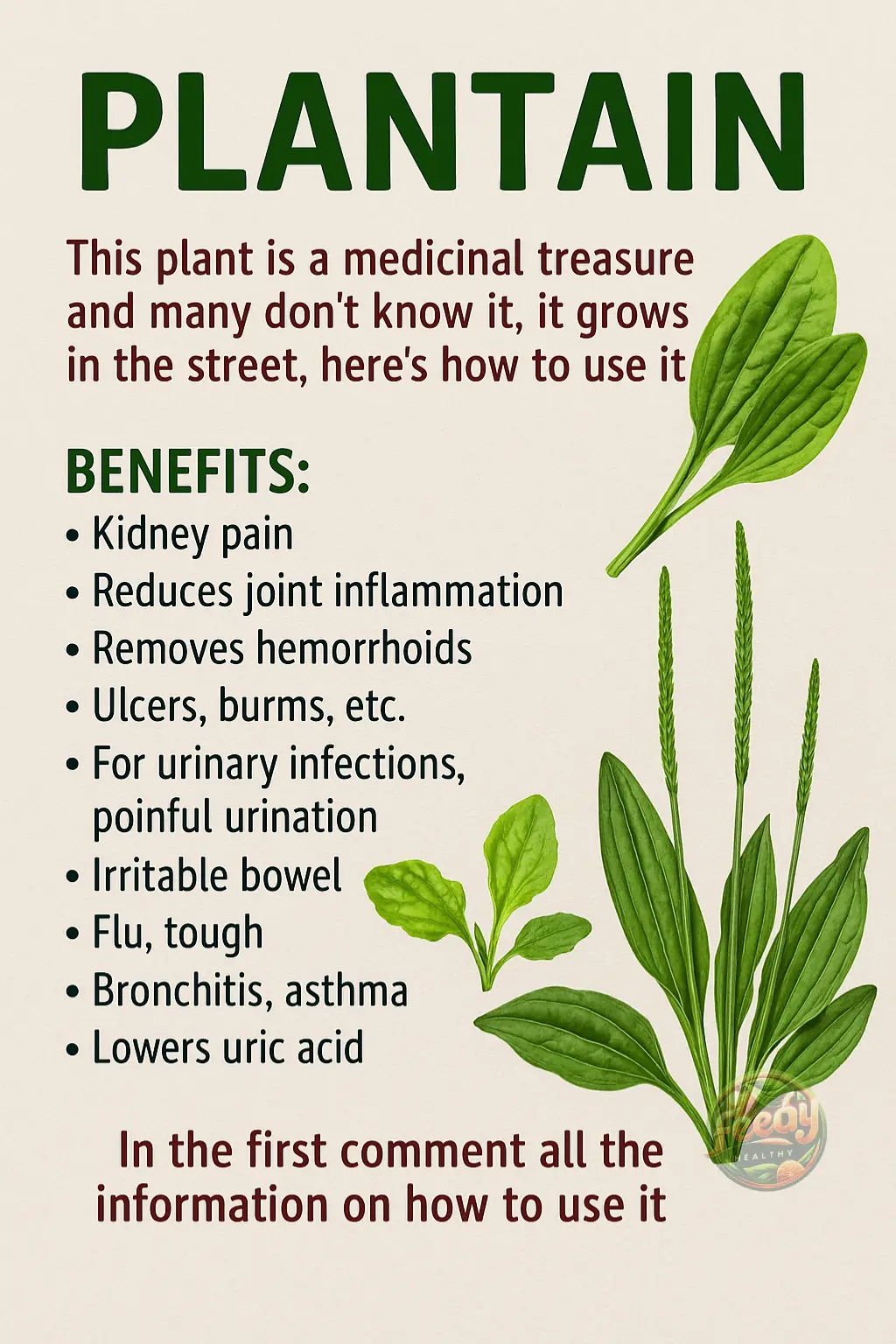
PLANTAIN: Take Advantage of Its Benefits and Learn How to Use It! 🌿
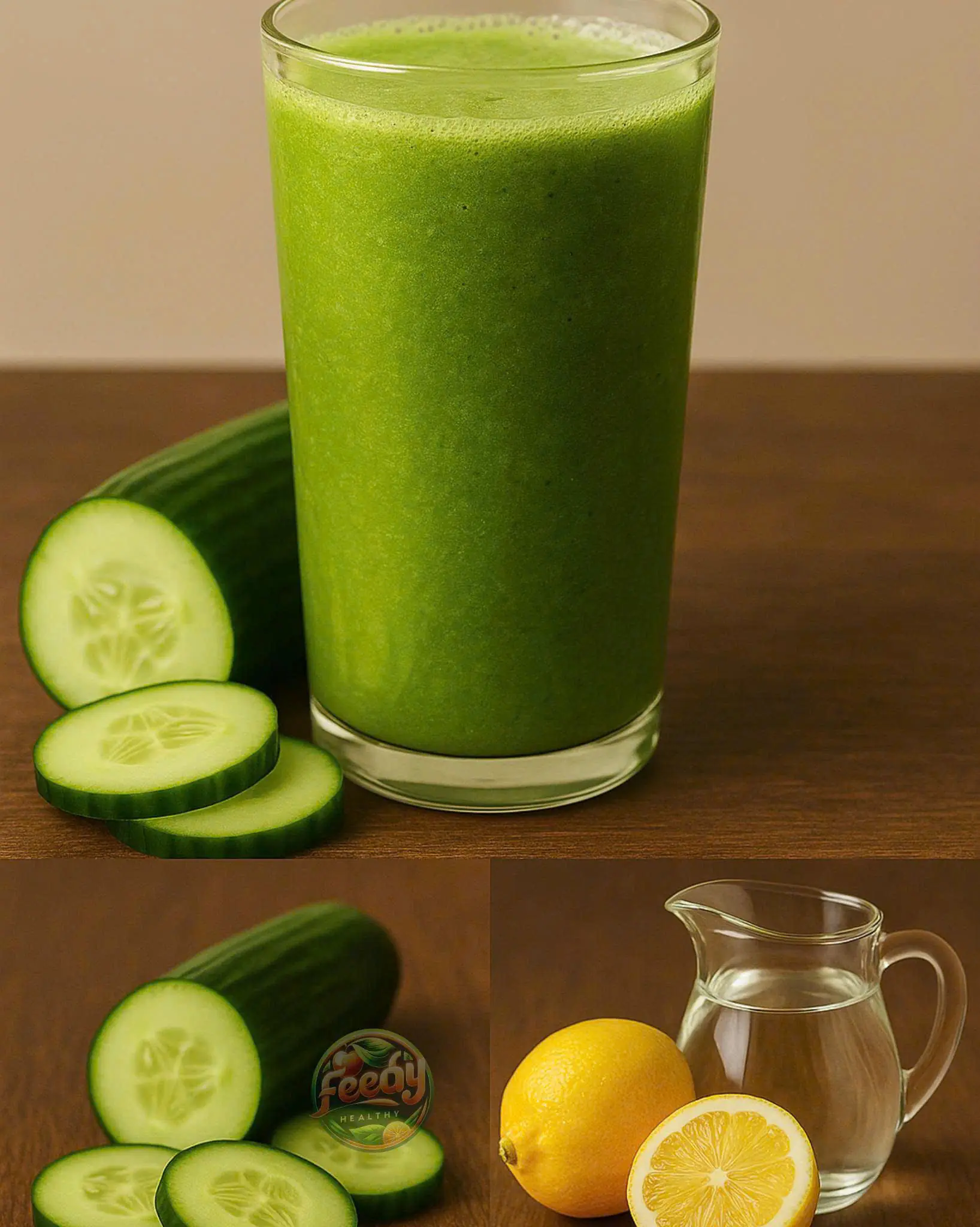
If You Suffer from Diabetes, High Blood Pressure, High Cholesterol, Inflammation, or Premature Aging — This Simple Homemade Remedy Could Change Your Life
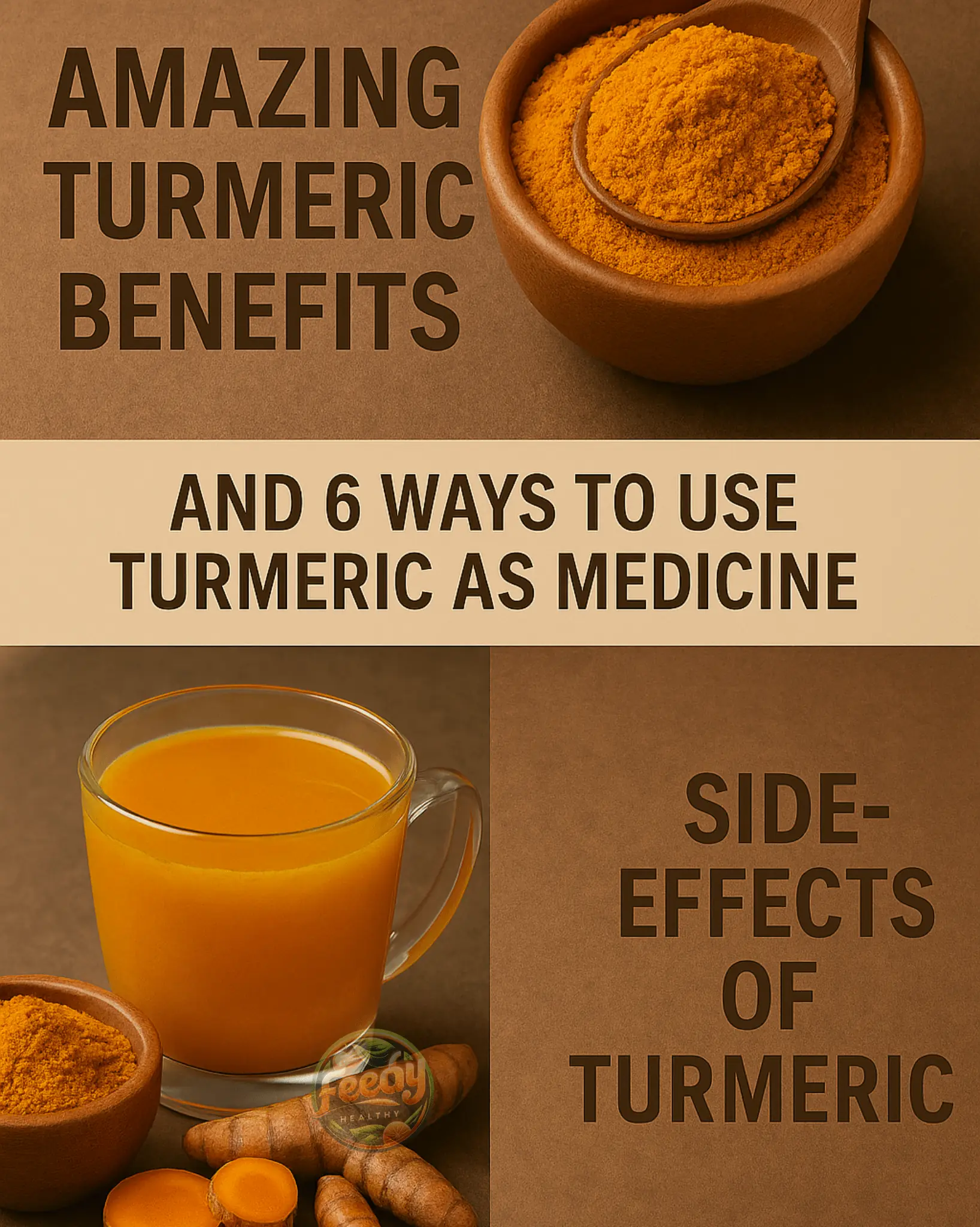
Exploring the Amazing Benefits of Turmeric
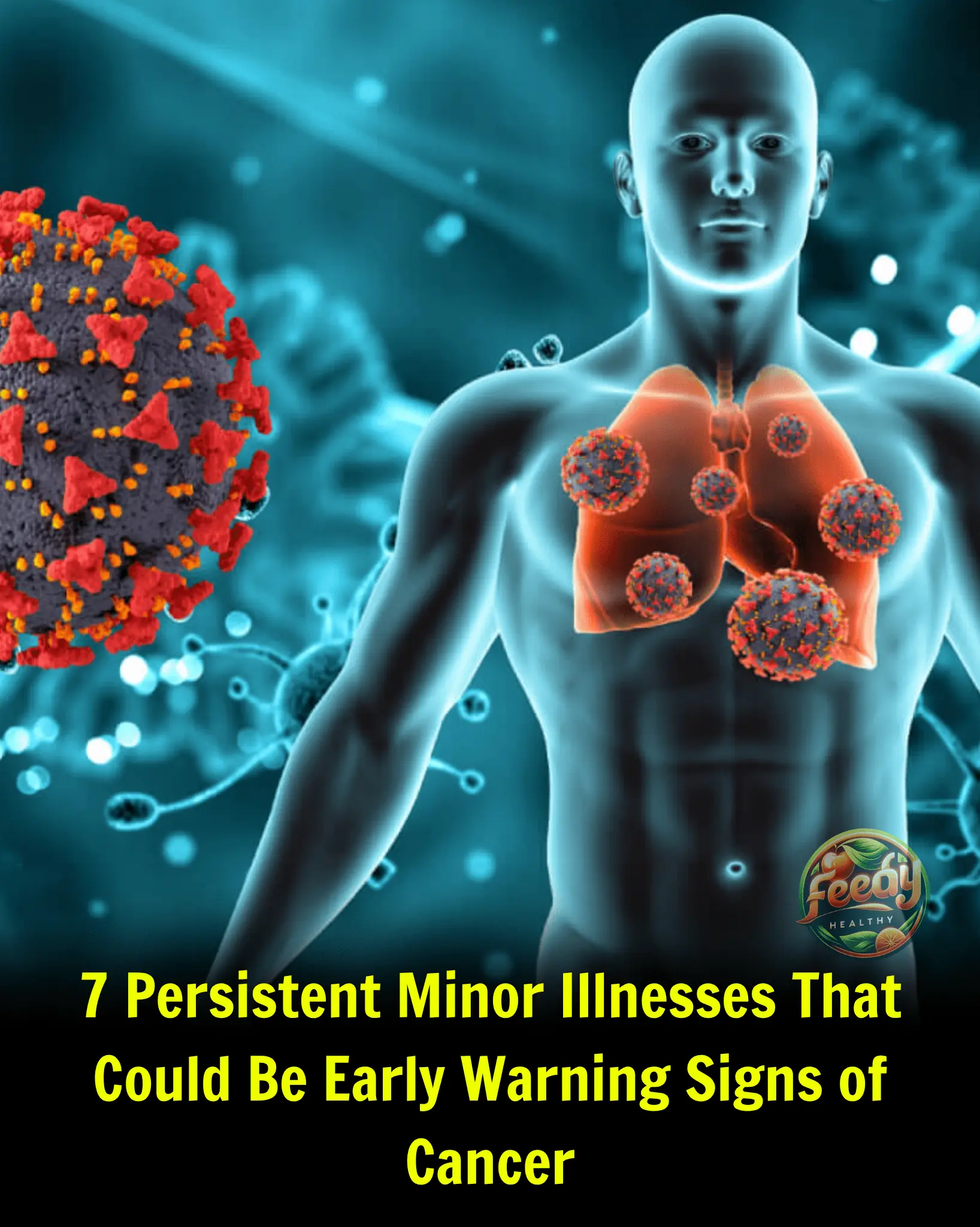
7 Persistent Minor Illnesses That Could Be Early Warning Signs of Cancer
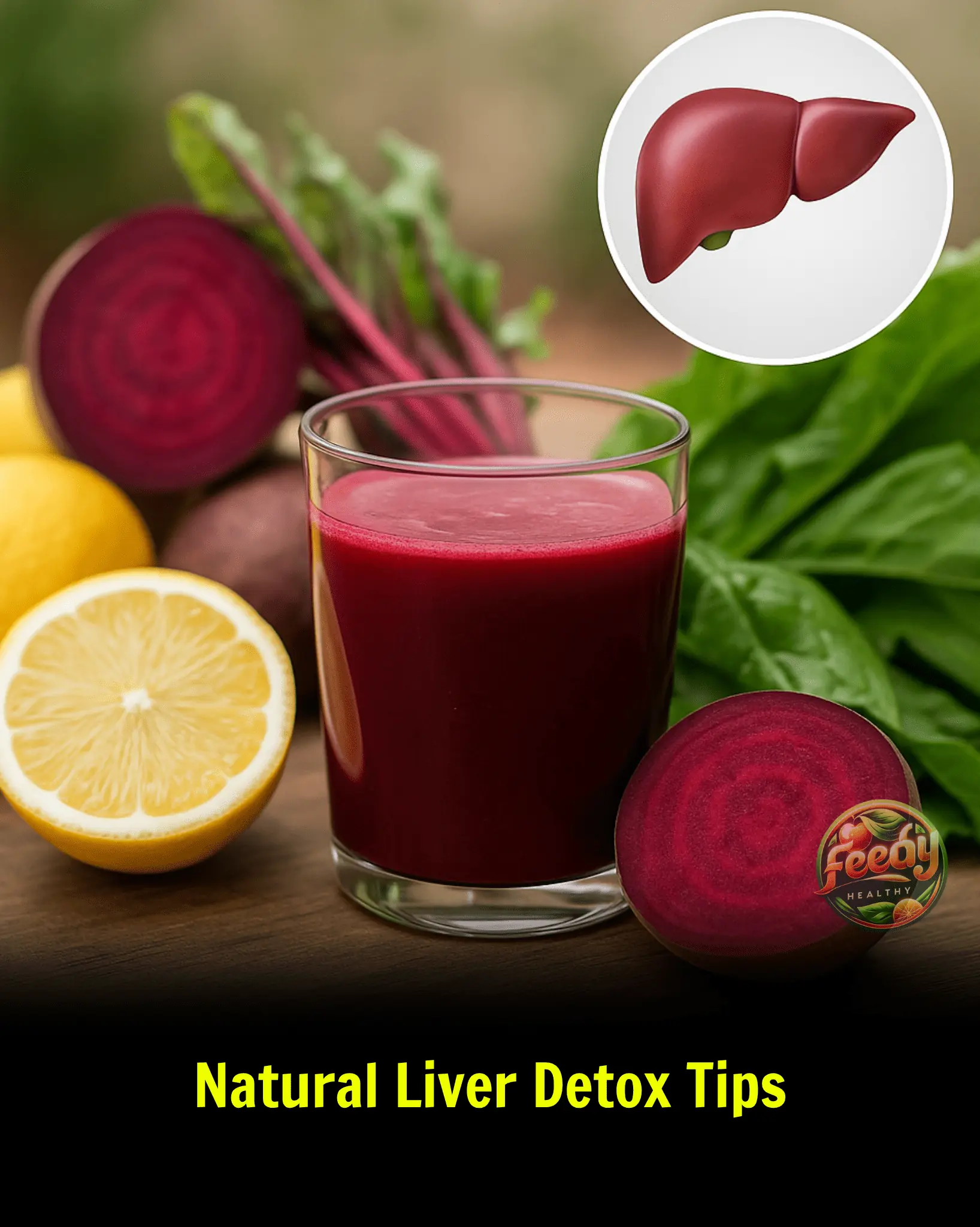
Natural Liver Detox Tips
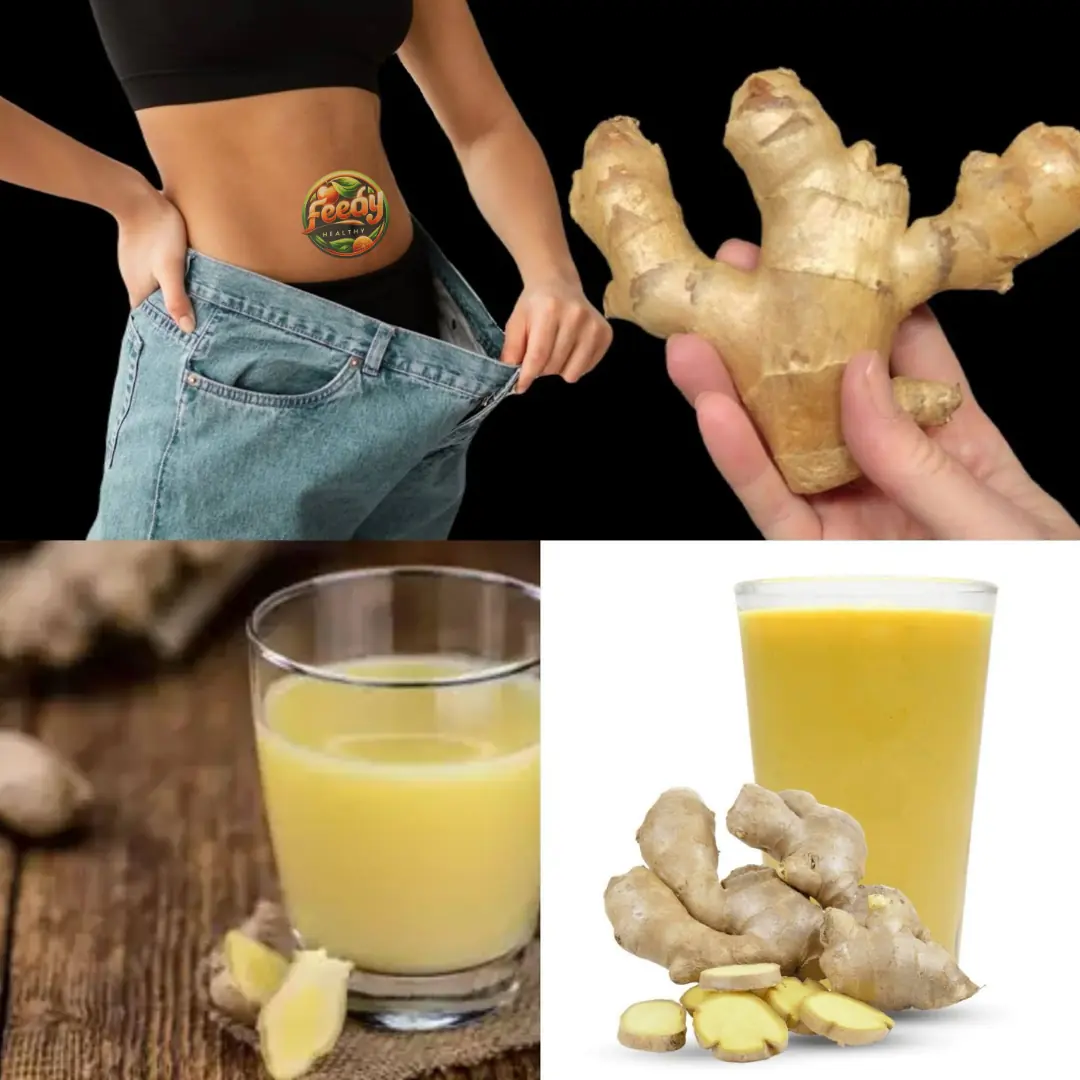
I’m Losing So Much Belly Fat Drinking This All Day! 🌿 My Big Belly Is Gone – Thanks to Ginger!
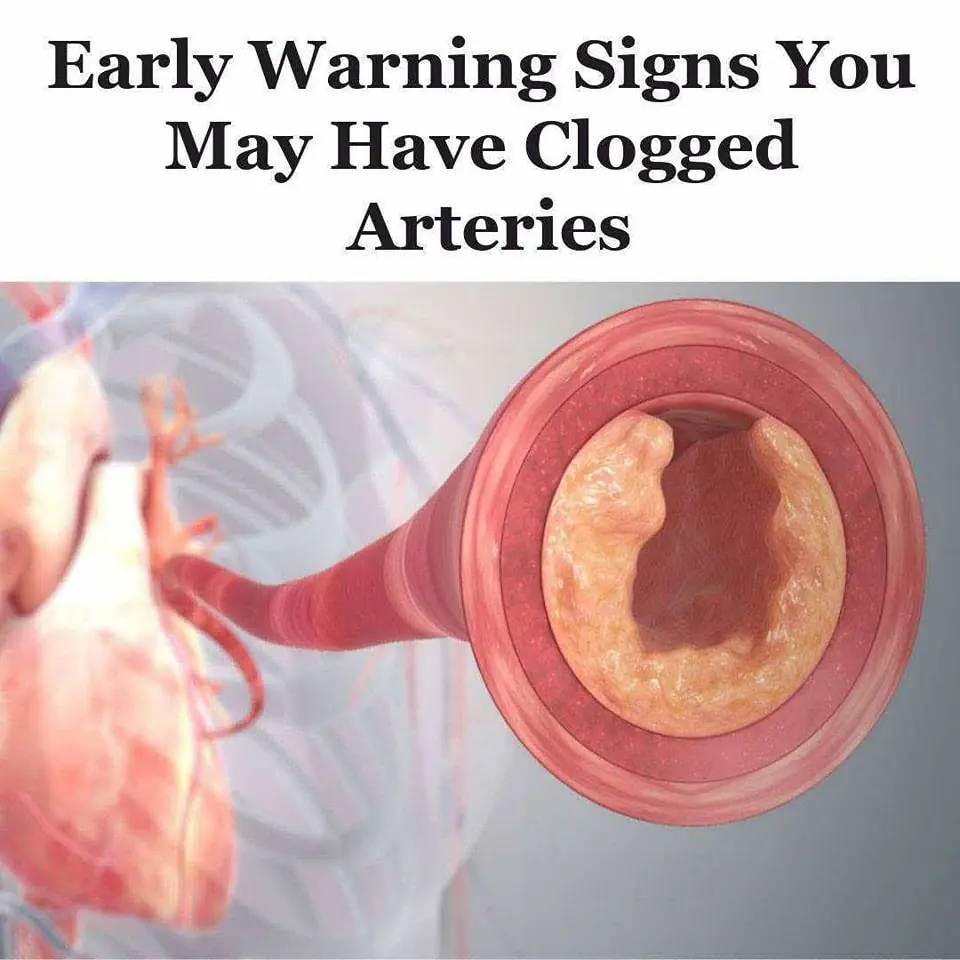
10 Clues Your Body Might Be Giving You About Clogged Arteries
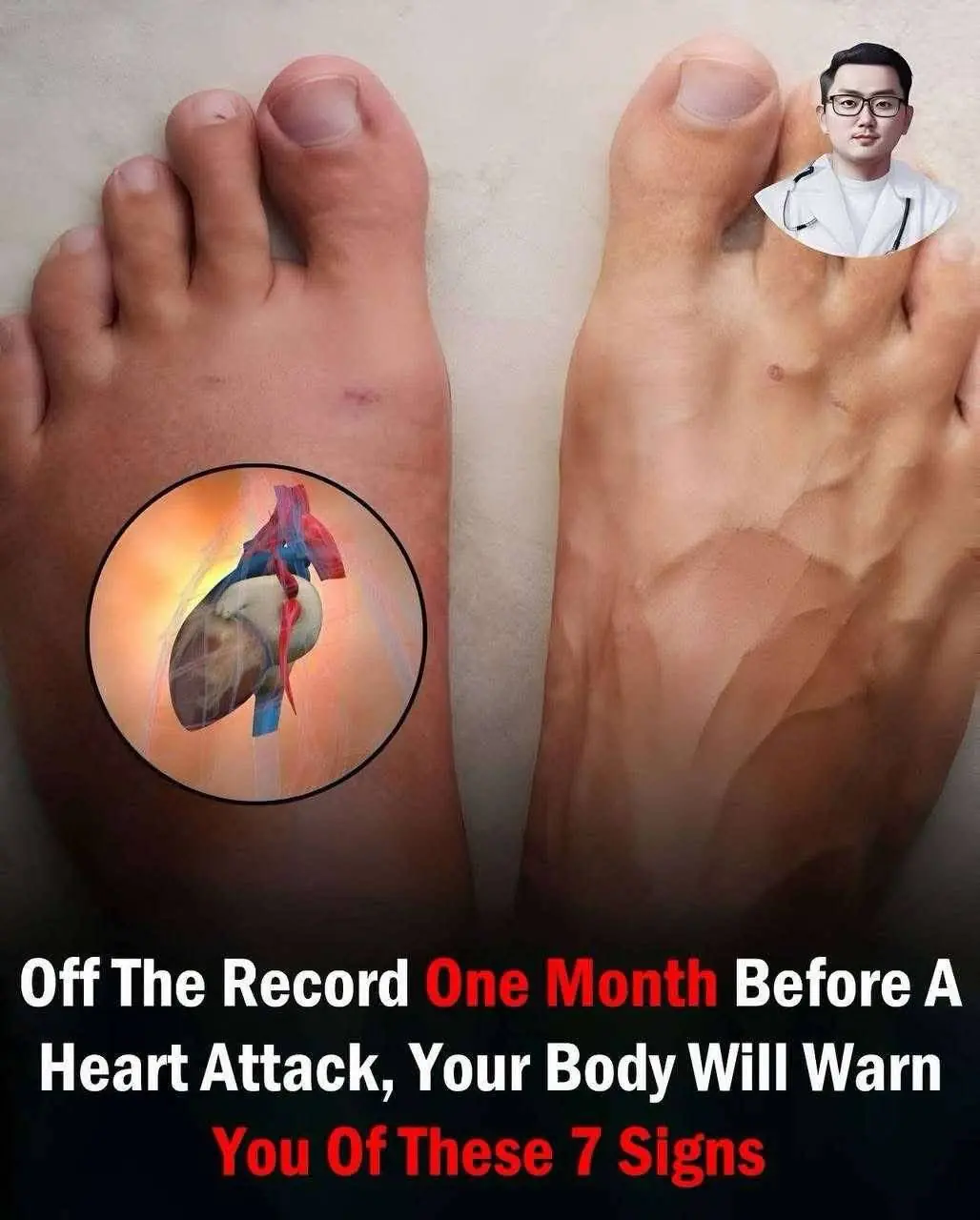
Warning signs of a heart attack?
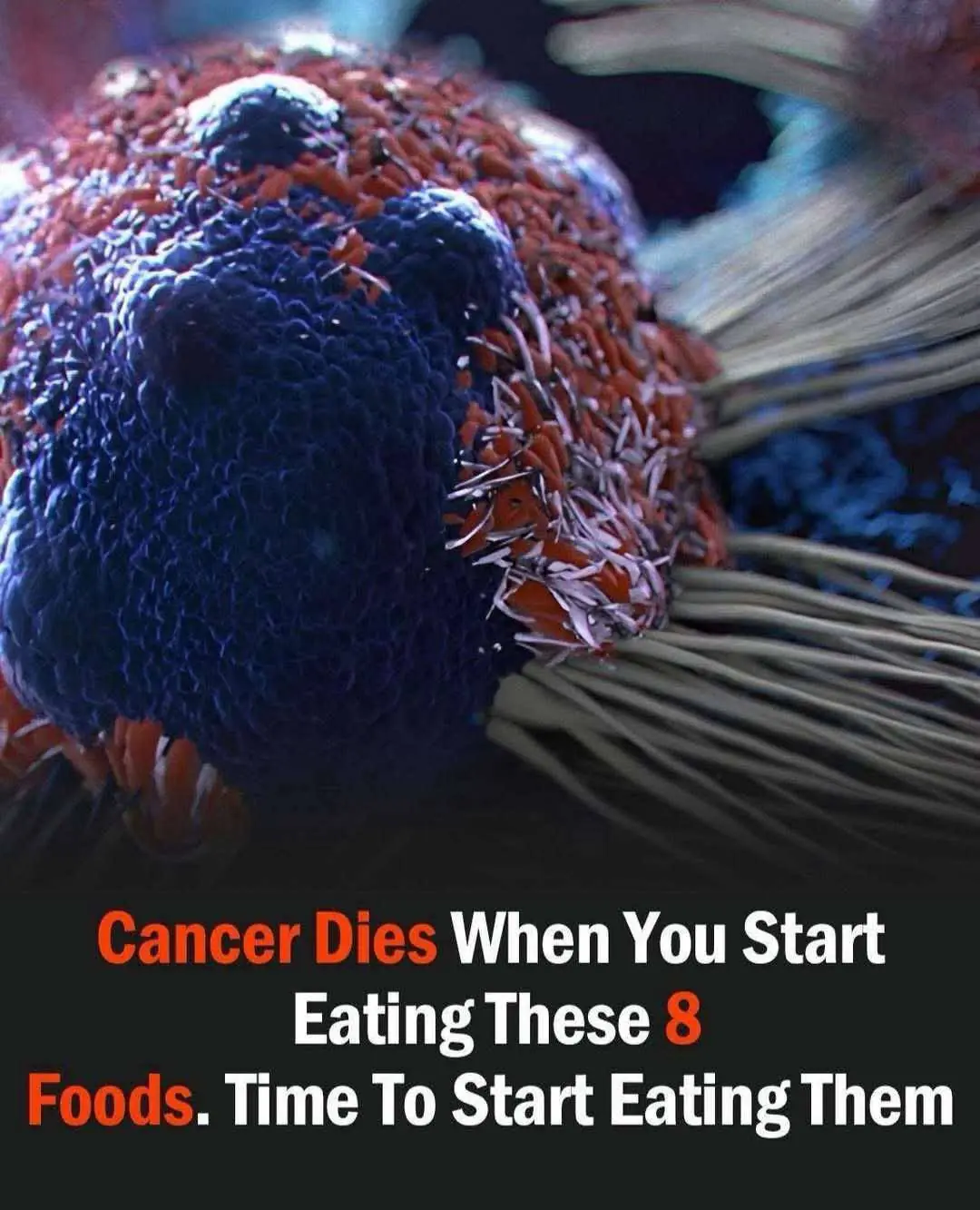
8 powerful anti-cancer foods you should start including in your diet
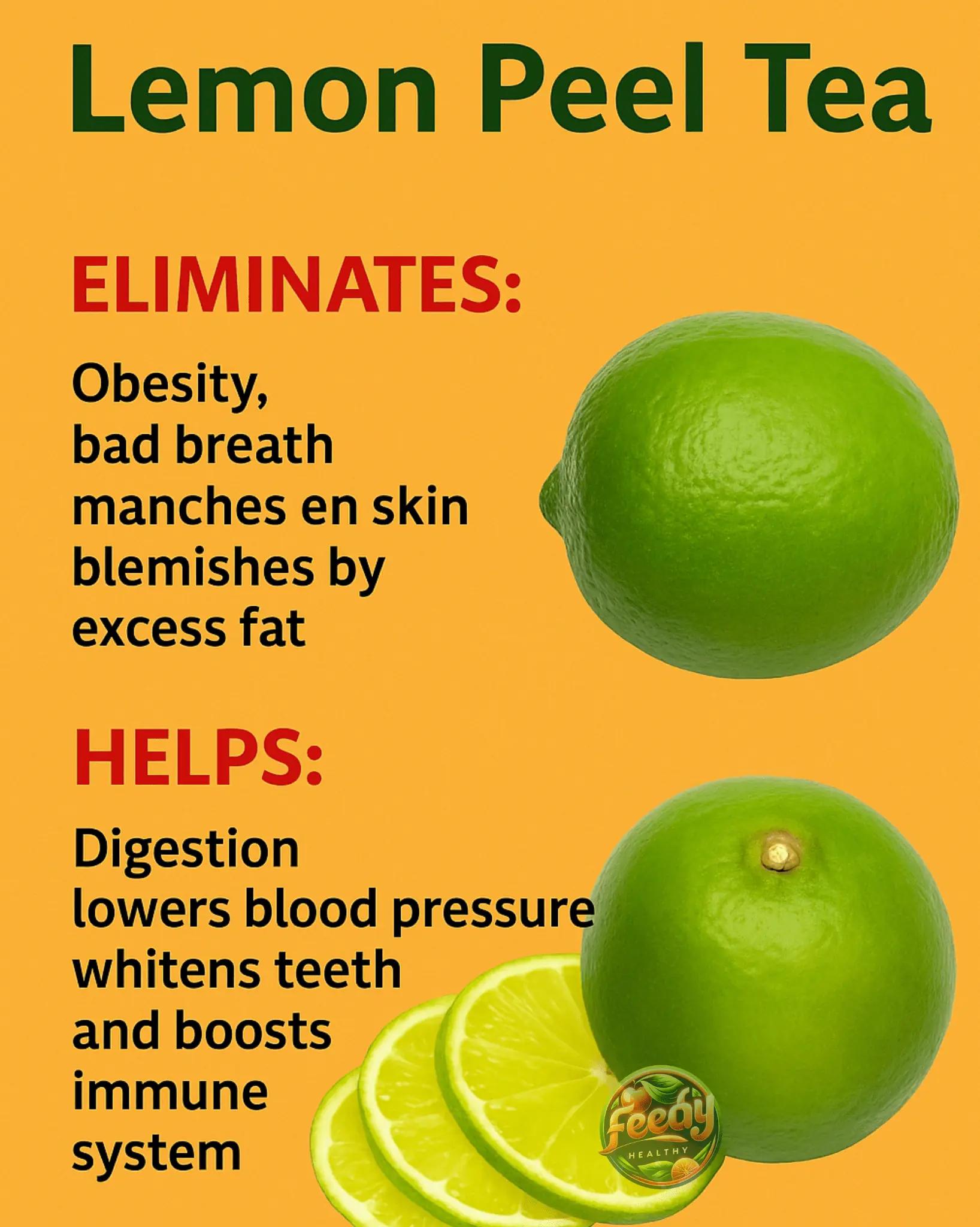
What Happens to Your Body When You Drink Lemon Peel Tea?
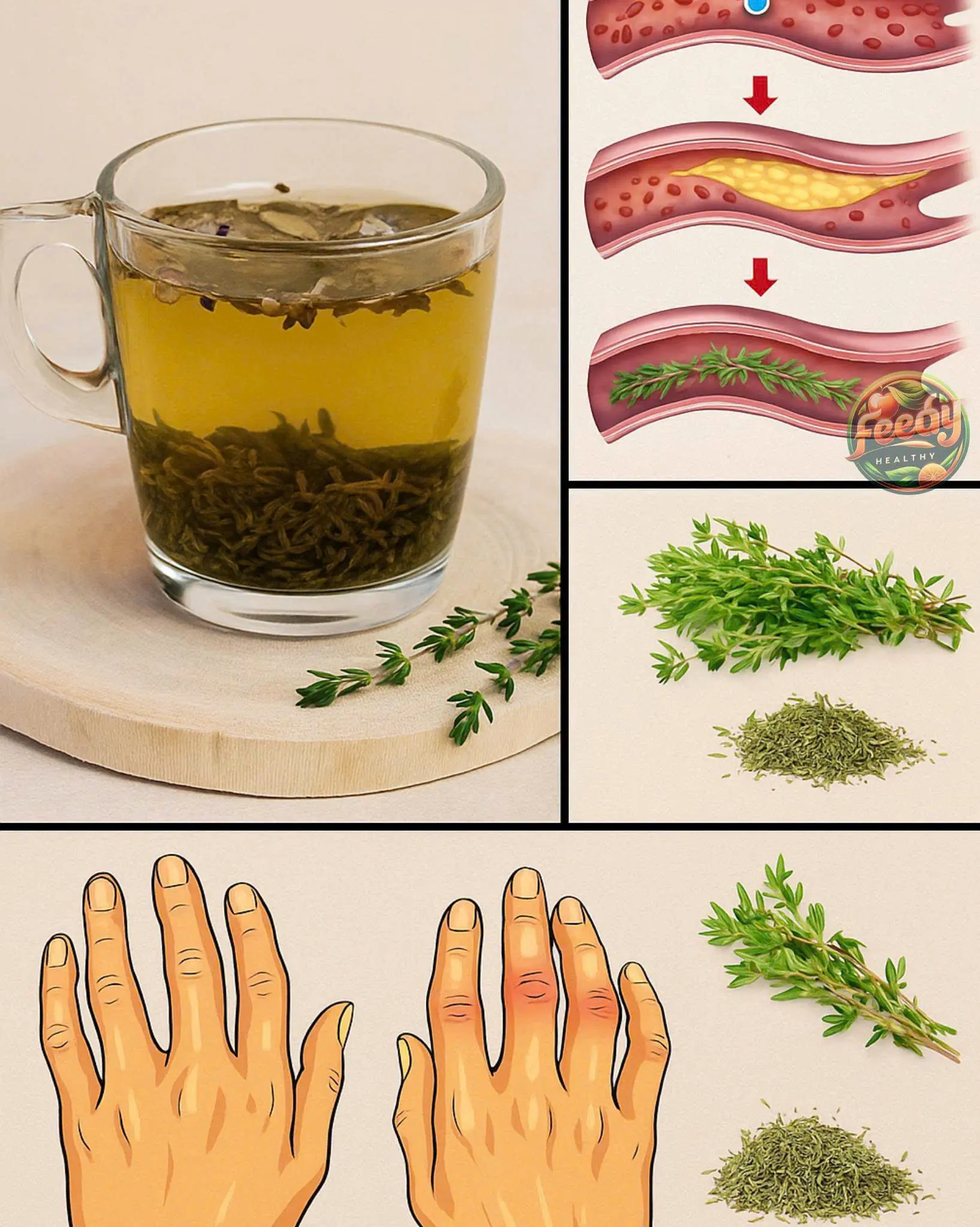
Discover the Powerful Benefits and Uses of Thyme
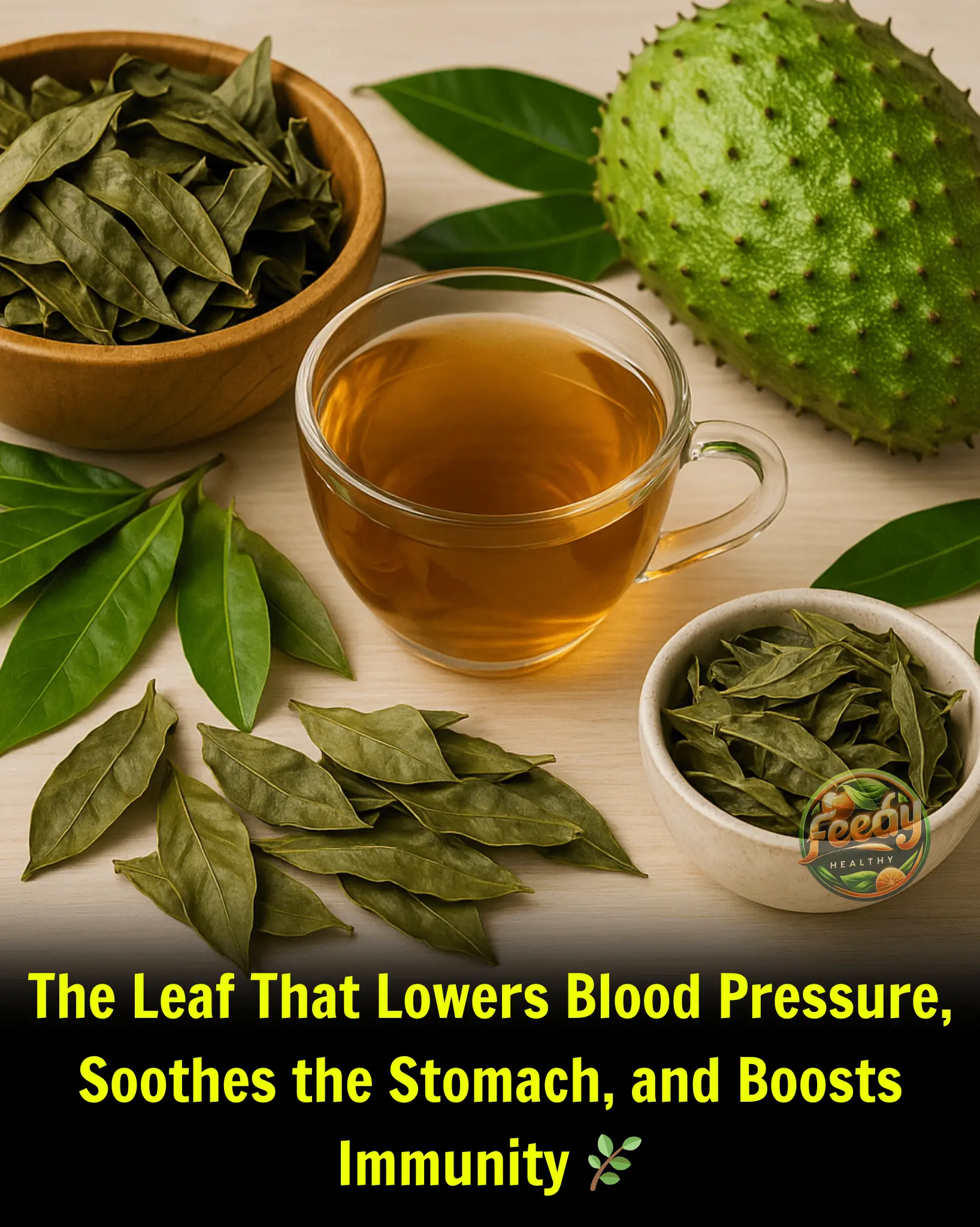
The Leaf That Lowers Blood Pressure, Soothes the Stomach, and Boosts Immunity 🌿
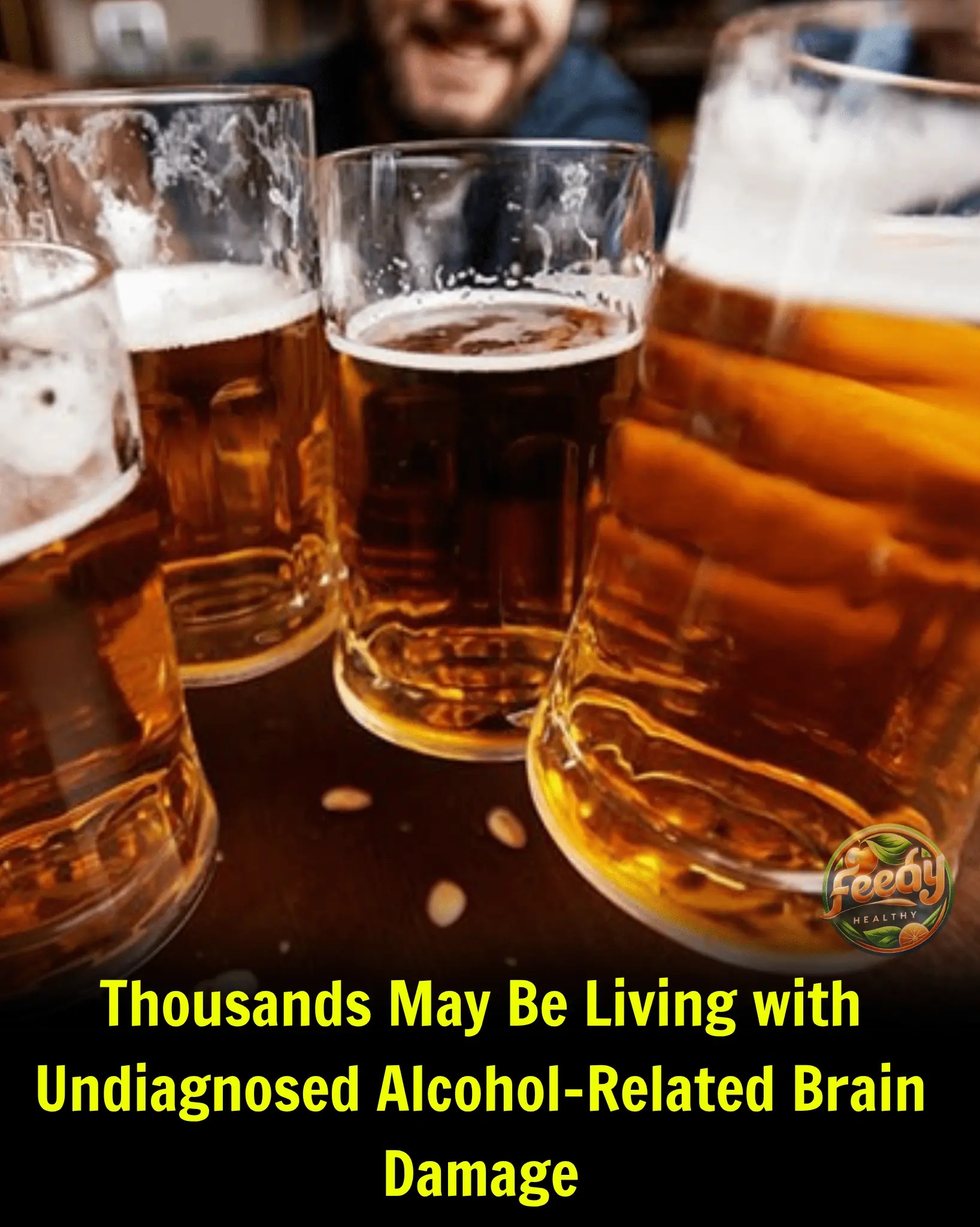
Thousands May Be Living with Undiagnosed Alcohol-Related Brain Damage

35+ Things We Do Every Day Linked to Cancer
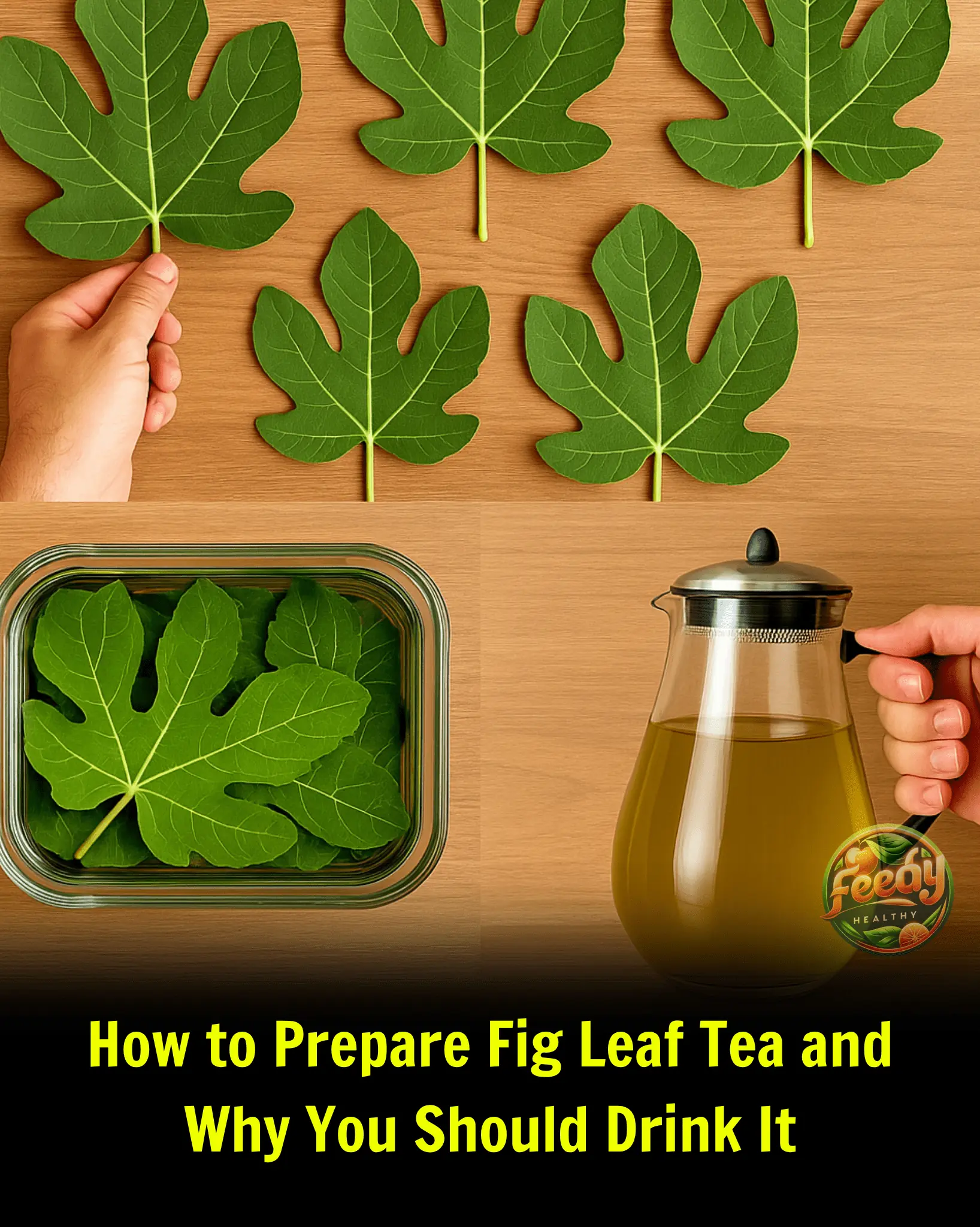
How to Prepare Fig Leaf Tea and Why You Should Drink It
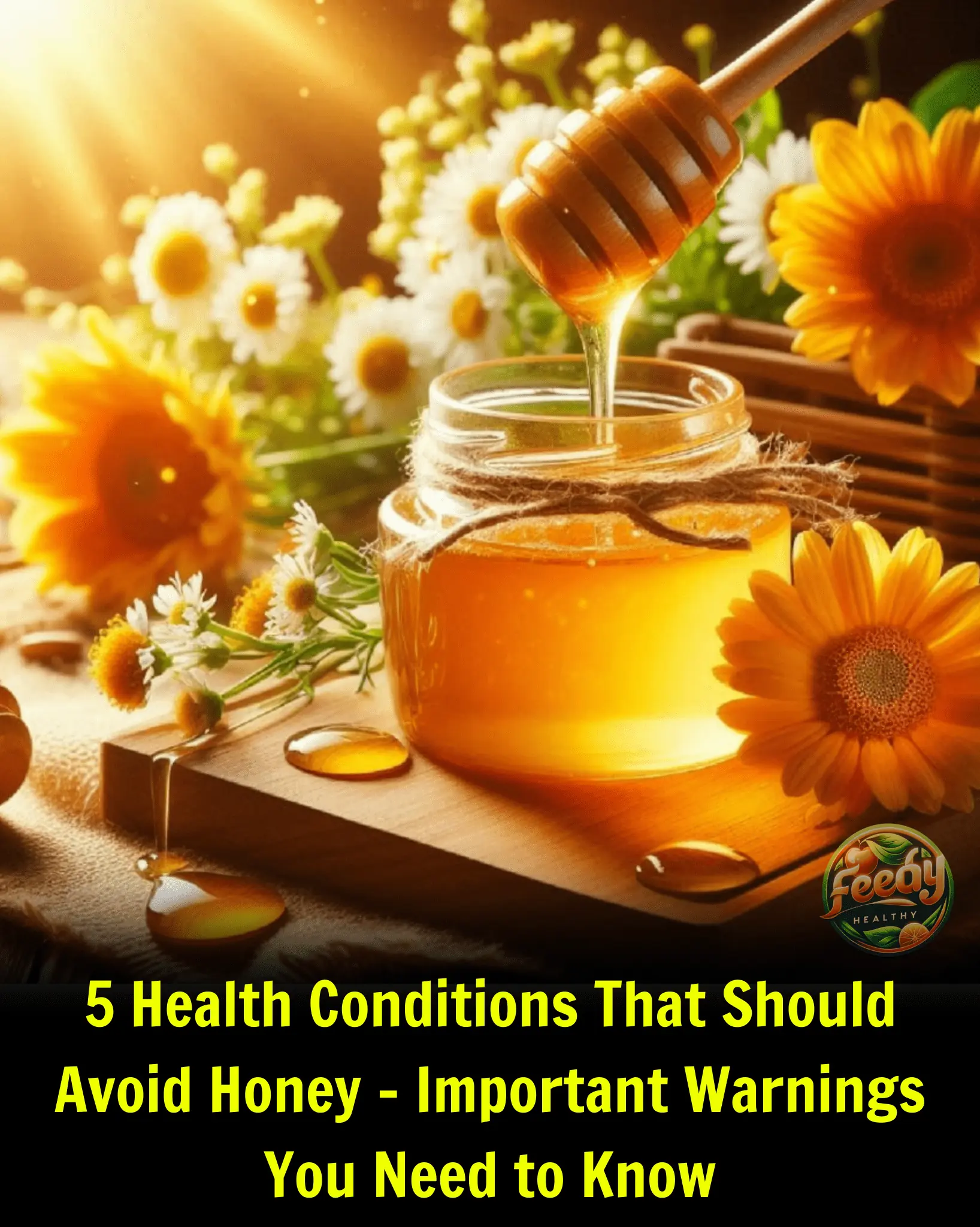
5 Health Conditions That Should Avoid Honey – Important Warnings You Need to Know
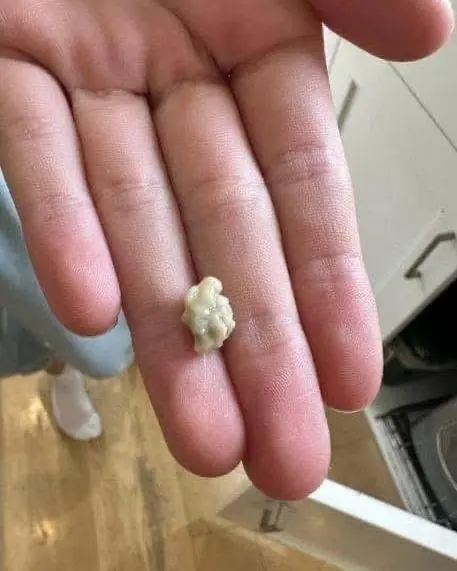
Here’s what you need to know about tonsil stones – the weird pimple-like growths in your throat
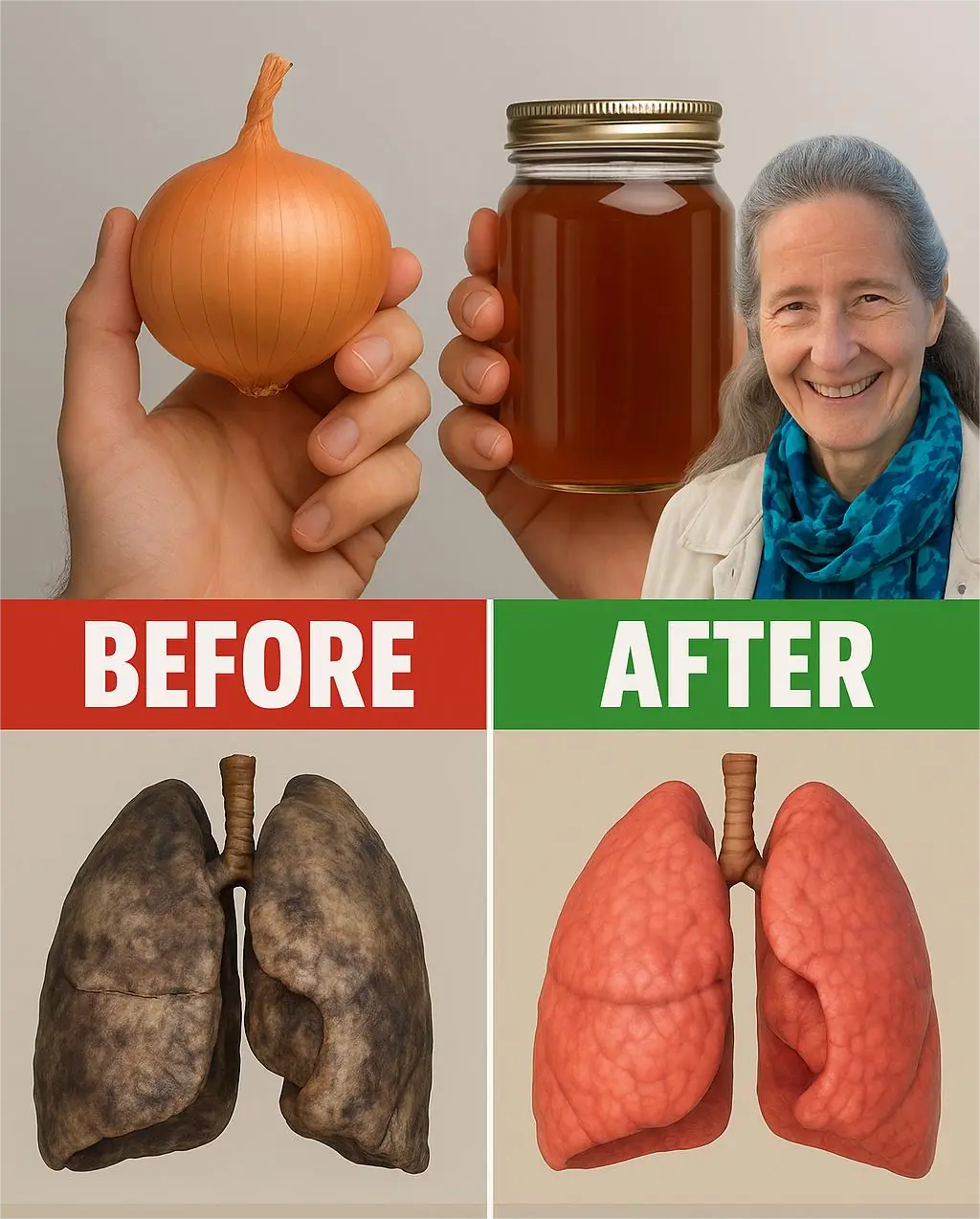
Breathe Easy Again: A Natural Way to Soothe Your Lungs with Onion and Hone
News Post

GINGER TEA
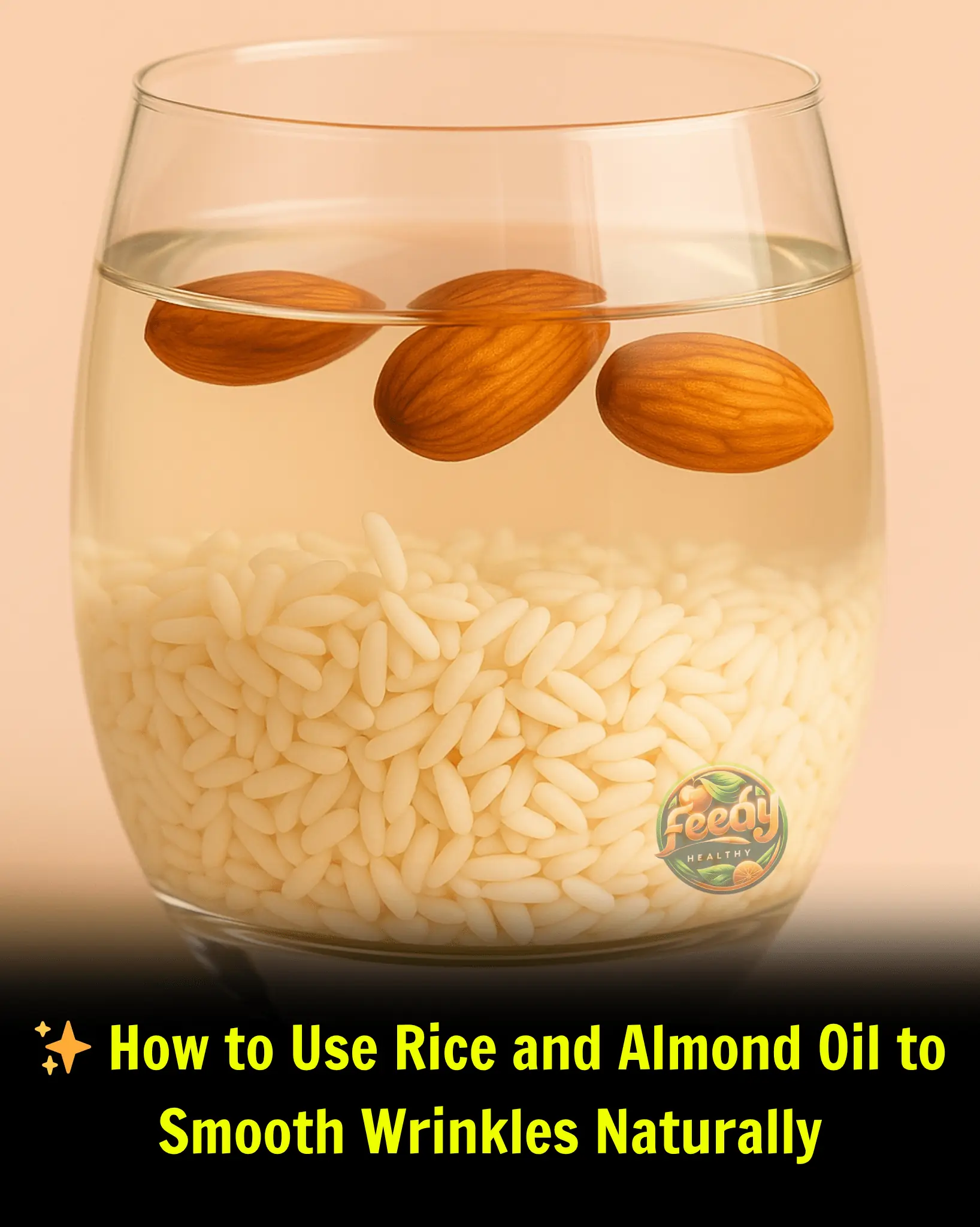
How to Use Rice and Almond Oil to Get Rid of Wrinkles

PLANTAIN: Take Advantage of Its Benefits and Learn How to Use It! 🌿

If You Suffer from Diabetes, High Blood Pressure, High Cholesterol, Inflammation, or Premature Aging — This Simple Homemade Remedy Could Change Your Life

Exploring the Amazing Benefits of Turmeric
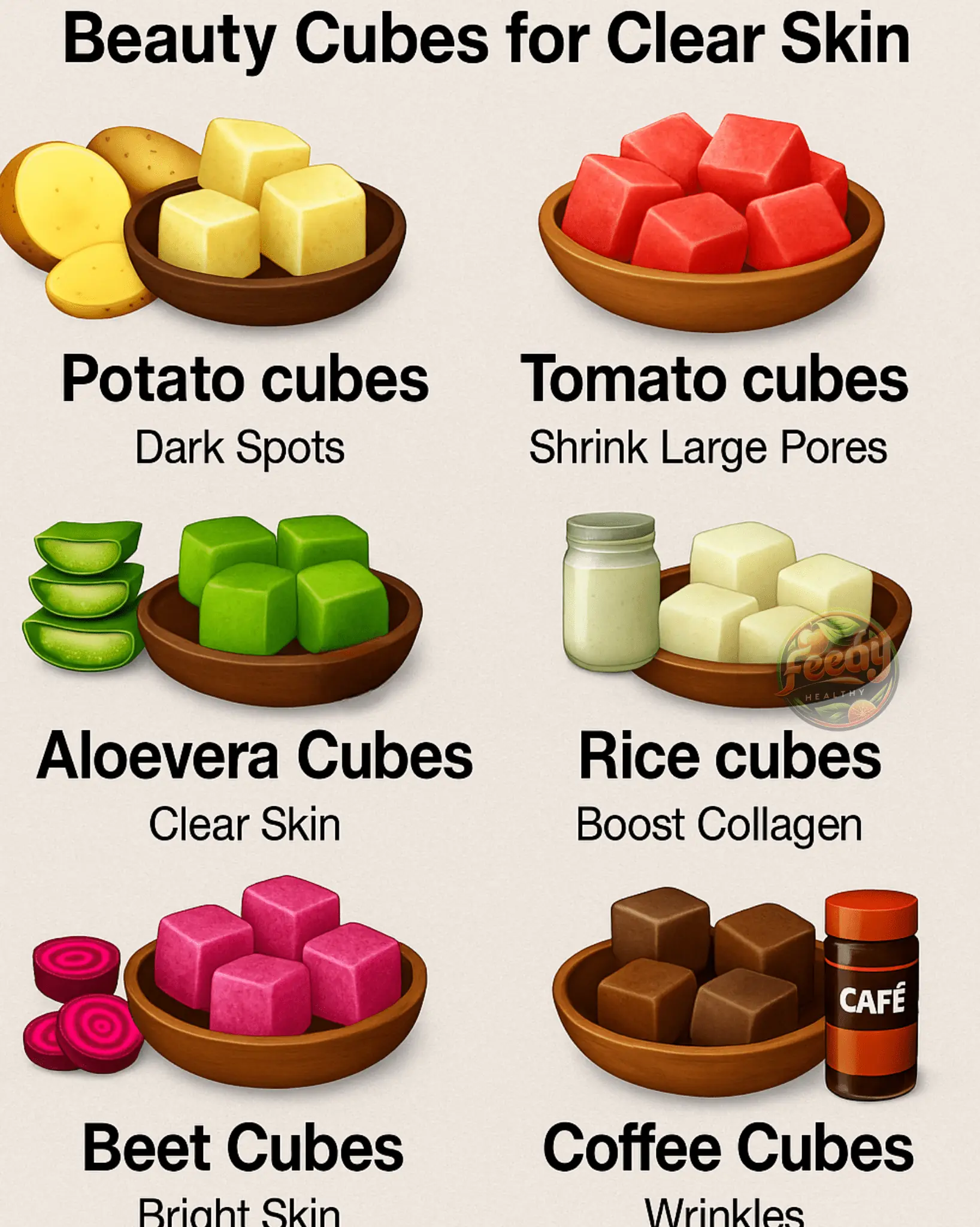
10 DIY Beauty Ice cubes for Face, Glowing Skin

7 Persistent Minor Illnesses That Could Be Early Warning Signs of Cancer
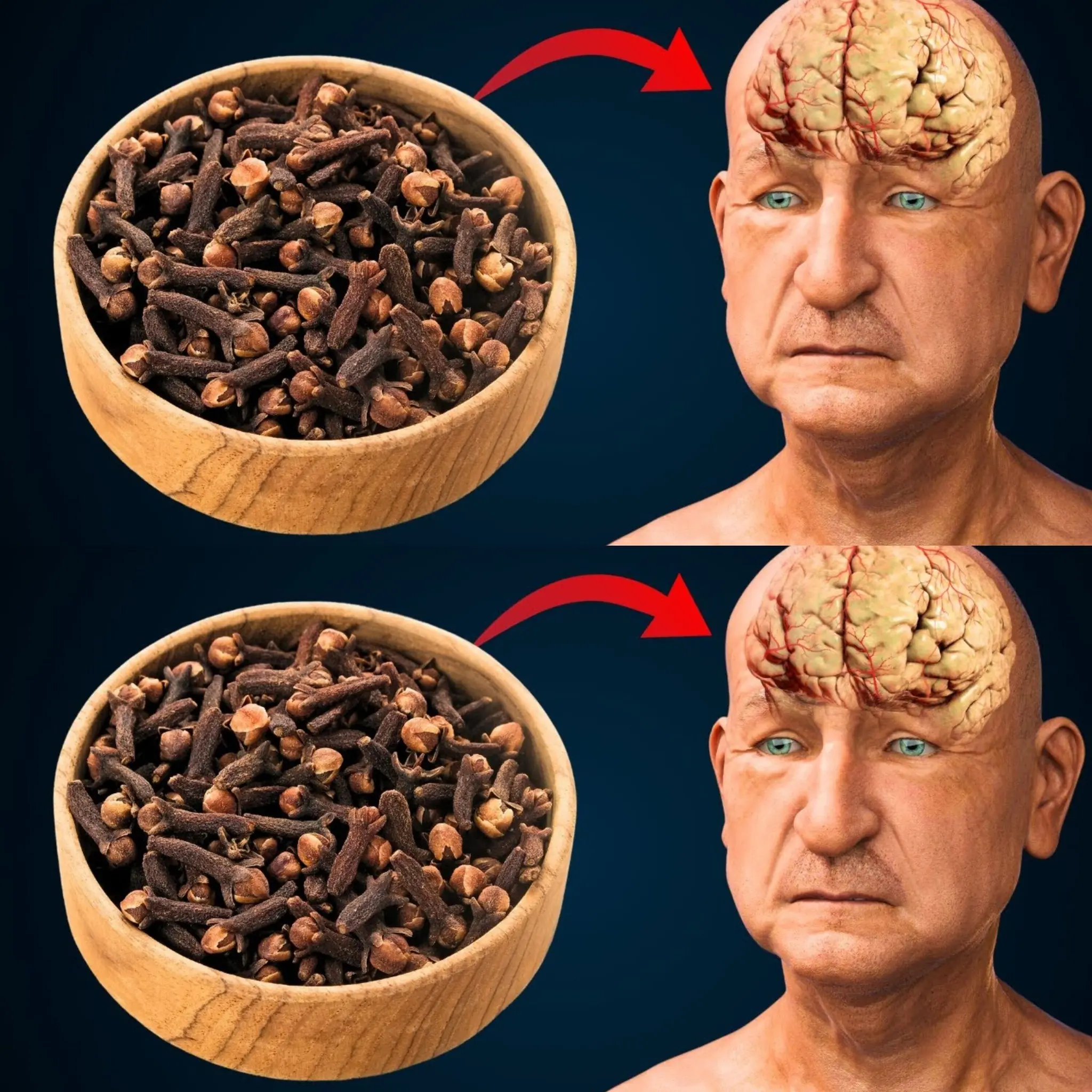
Discover the Impact of Consuming Two Cloves Daily After 50: The Benefits of Cloves
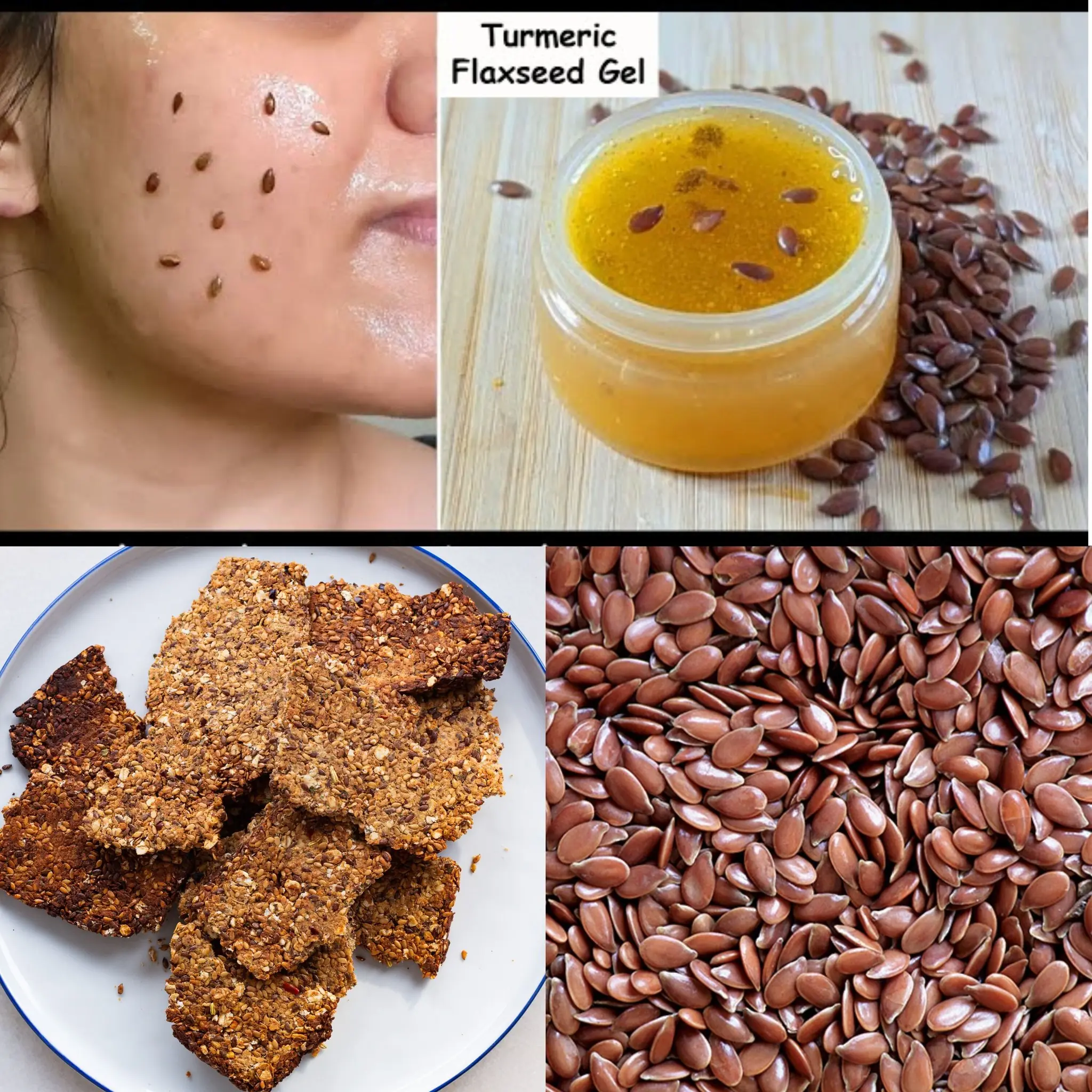
This is Why You Should Eat Flaxseed More Often
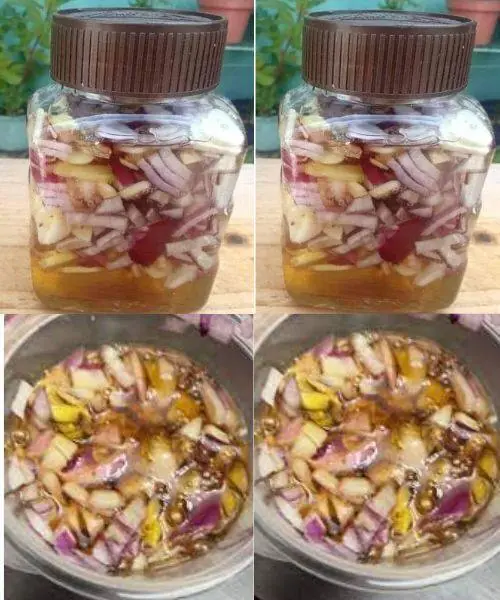
Soothe, Heal, and Protect with Every Spoonful

Natural Liver Detox Tips

I’m Losing So Much Belly Fat Drinking This All Day! 🌿 My Big Belly Is Gone – Thanks to Ginger!
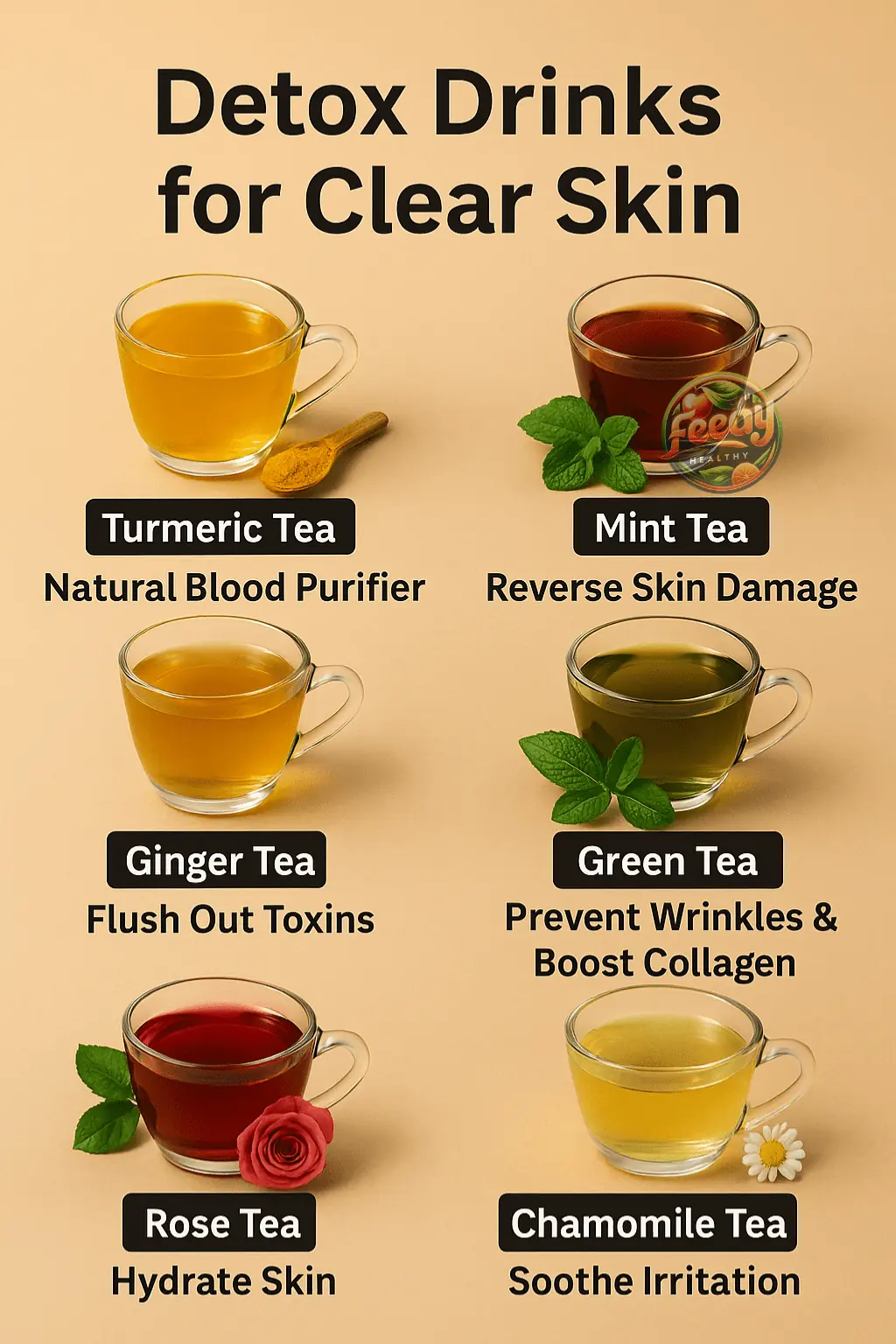
10 Detox Drinks for Clear Skin
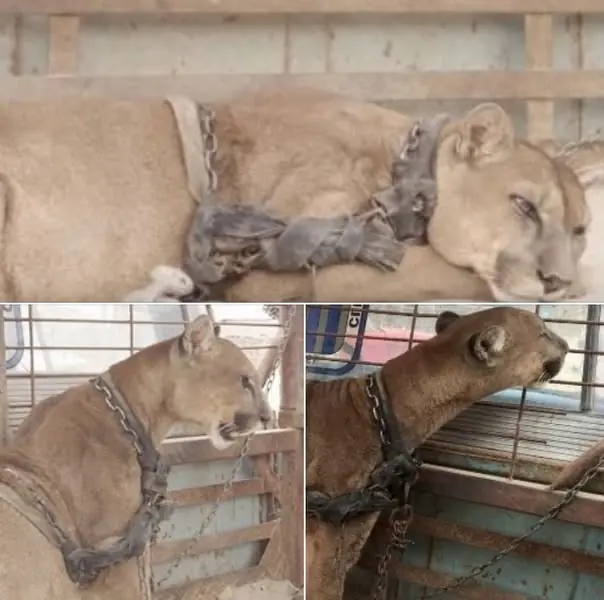
Circus lion released after being locked up for 20 years
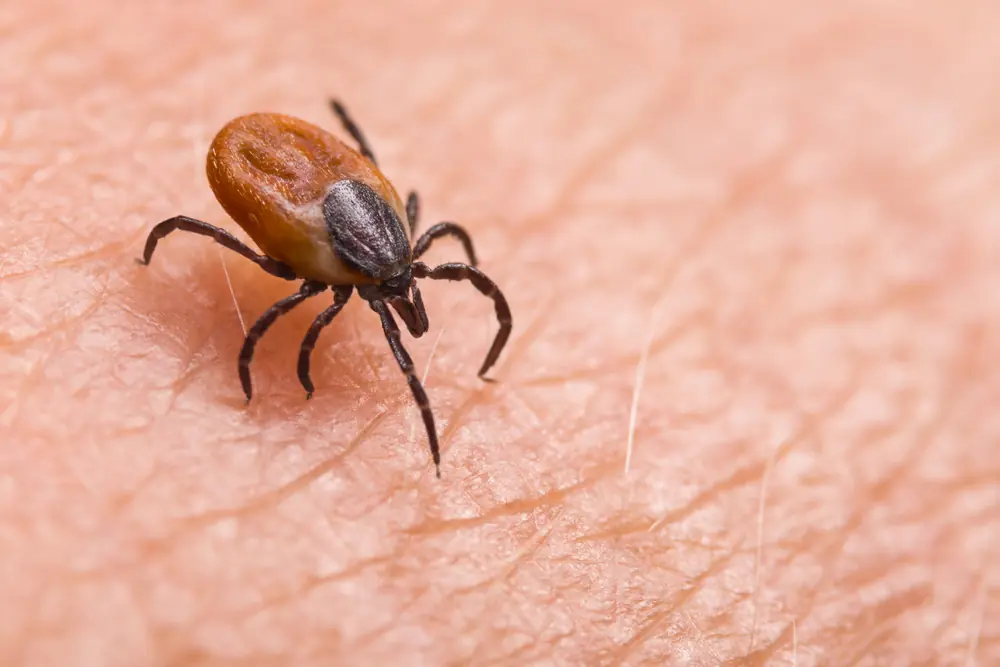
How To Properly Dispose of Ticks

10 Clues Your Body Might Be Giving You About Clogged Arteries

Warning signs of a heart attack?

8 powerful anti-cancer foods you should start including in your diet
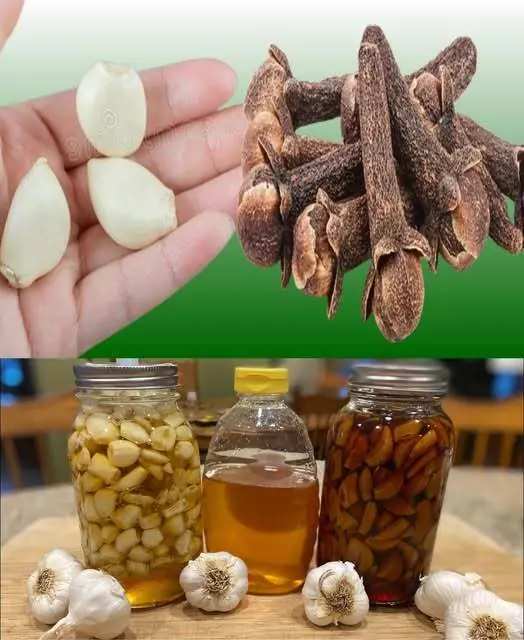
Unlocking the Power of Garlic, Cloves, and Honey: Your Natural Health Solution
